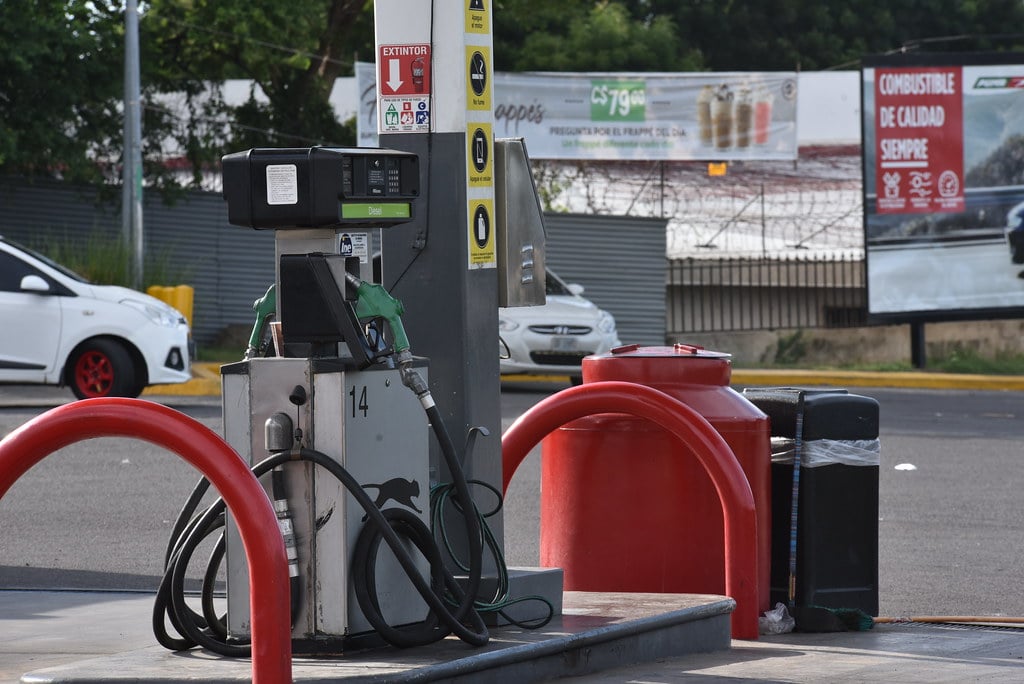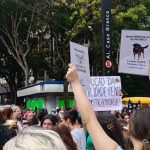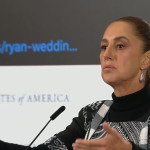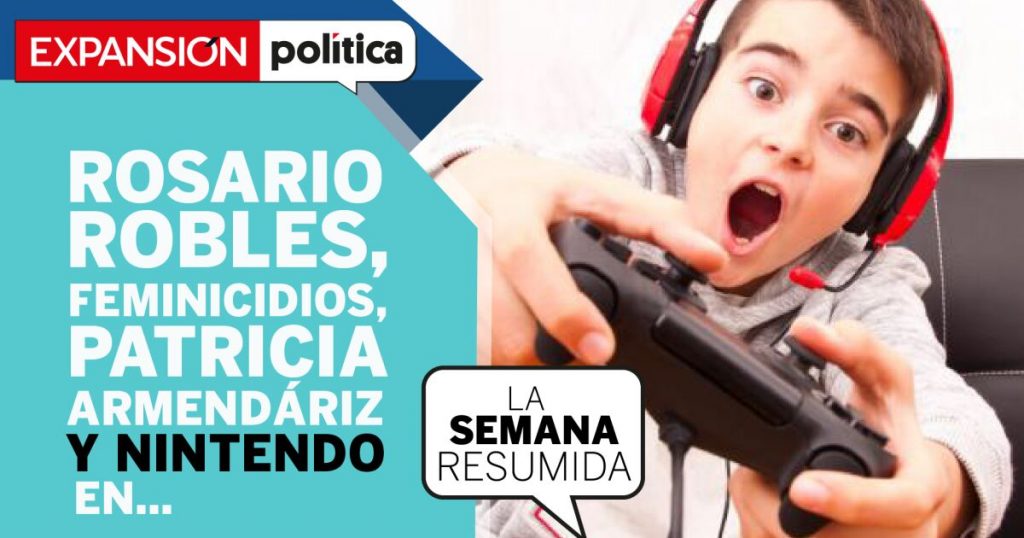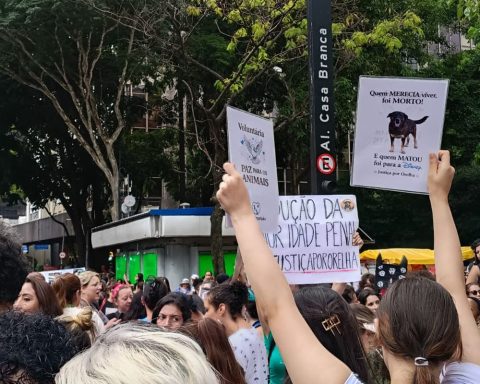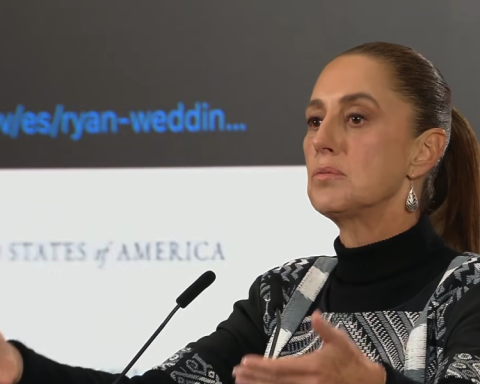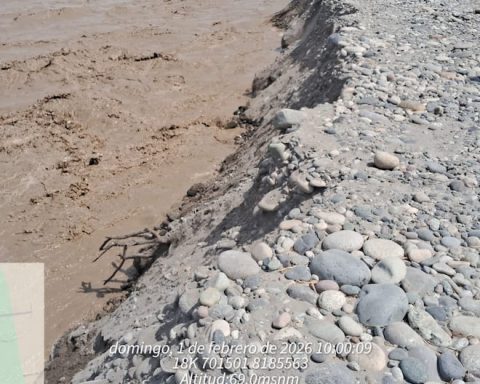The Daniel Ortega regime stopped the increases in fuel through a brief statement, the content of which does not provide any information – according to hydrocarbon experts – to know the mechanisms that the Government will use to keep the prices of petroleum derivatives frozen.
The statement, issued by the Ministry of Energy and Mines (MEM) and the Nicaraguan Institute of Energy (INE), only indicated that, “to protect the economy and the lives of families, the President of the Republic has decided not to apply the constant rises, derived from the movement of international prices of oil and its derivatives “.
The engineer Patricia Rodríguez, a specialist in energy issues, and the consumer advocate Rubén Arriola, agreed that this measure should have been taken through a law or a presidential decree, and not through a statement, since the legislation would give greater security to the consumers.
“A statement is here today, and tomorrow I can delete it,” Arriola said.
Rodríguez urged the regime to explain what will be the mechanism that it will use specifically to keep hydrocarbon prices frozen, fearing that this could become a debt.
“We need to know for how long and the regulation mechanism that they will use, so that later we do not have to pay the consequences of this measure as happened several years ago with electricity, which indebted us with CARUNA to pay the increases that stopped in his moment ”, warned the specialist.
Profit margins
This freezing of hydrocarbon prices will be sustainable as long as international oil prices remain stable or do not increase beyond 5%, after that number companies will have to sacrifice part of their profit margins to maintain the price, because it would not be profitable for the price difference to be paid through taxes, explained the economist Alejandro Aráuz to CONFIDENTIAL.
“I think that the measure will be more than anything of expectation while oil remains at those levels, because if it does rise, prices will definitely rise. It is not the one that the Government is going to assume the differential, the Government is not going to assume anything because it would affect its finances and that it does through taxes. There will be no subsidy for the difference, that is impossible ”, explained Aráuz.
The government statement detailed that international prices of oil and its derivatives “have experienced” a rise of up to 73%, so far in 2021.
“It is a policy that will depend on the profit margins that are being managed in the sector, which may rise a percentage, but not as we were previously, but there may be a part of that percentage that translates to the level of the economy, to a lesser extent. Because the profit margins in Nicaragua are greater than those of El Salvador and Guatemala, and although similar, greater than Costa Rica ”, he explained.
According to the economist, the projections are that the price of oil could remain stable or increase, at most between 0.2% and 5% in the coming months. Although, the countries of the Organization of Petroleum Exporting Countries (OPEC) are pressured by the United States to produce more crude and thus reach an equilibrium point in international prices.
According to the Reuters news agency, which cites anonymous sources, OPEC refuses to increase production except gradually, fearing that demand and prices could fall dramatically.
Frozen prices
With the regime’s decision, the average price of super gasoline was 42.02 cordobas per liter; that of regular gasoline at 40.90 córdobas per liter; and that of diesel at 36.52 córdobas per liter. These prices correspond to the service stations in Managua, since in the other departments and regions of the country the cost of transportation and distribution, as well as other expenses, have to be added.
INE data show that, in 2021, the prices of super and regular gasoline have registered 31 increases and 11 decreases; while the value of diesel – the fuel with the highest consumption in the national sphere – recorded 29 increases and 13 reductions.
So far this year, the price of gas for cooking has registered 19 rises and four falls, according to INE statistics.
With the measure of the regime, the 25-pound cylinder —the most highly valued— will be sold at 457.25 cordobas; the 10-pound cylinder at 188.50 córdobas; and that of 100 pounds at 2102.75 córdobas, according to the price list approved by the INE.
The consumer defense office that Arriola represents, the Consumers Manager Consultancy, proposed on October 6 that the regime subsidize the 25-pound gas cylinder and the 10-pound cylinder by 35% so that the price could decrease for Nicaraguan families.
In addition, the idea was also that the price of gas would be frozen later, in such a way that this benefit could be maintained, at least, for the duration of the covid-19 pandemic in the world.
None of the proposals were listened to and, on the contrary, the regime decided to freeze prices at such a level that, according to Arriola, it would be necessary for the poorest families to earn about 12,000 cordobas so that they could pay it at the current price.
